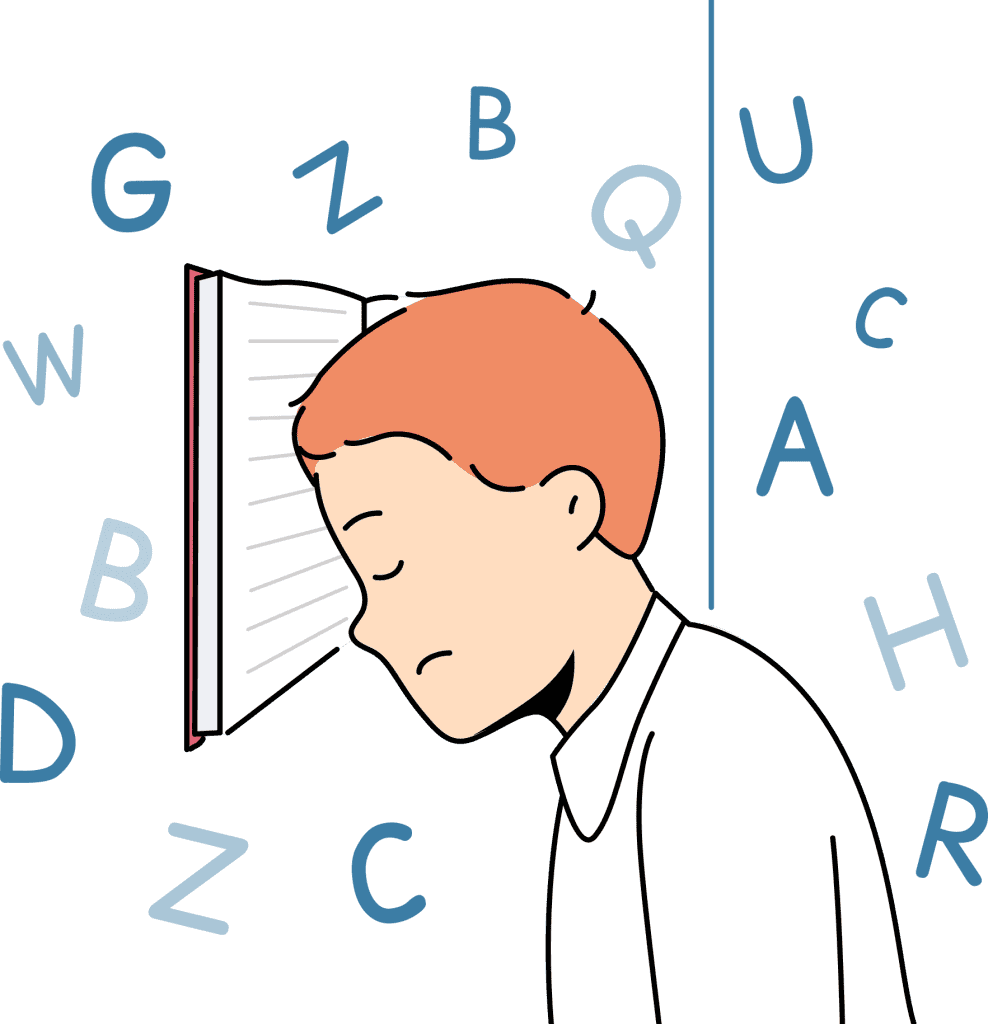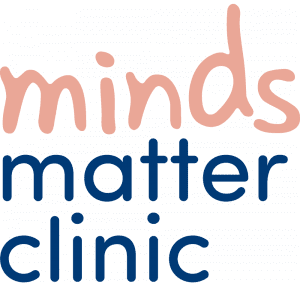Our Services
Learning Difficulty Assessments

What is a Learning Difficulty Assessment?
A learning difficulty assessment is a thorough evaluation of a person’s cognitive, academic, and psychological functioning. The goal is to identify specific learning challenges and how they impact daily activities, including education, work, and social interactions. The assessment helps to determine the presence of conditions like Dyslexia, Dyscalculia, Dyspraxia, ADHD, and other neurodiverse conditions.
At Minds Matter Clinic, we are dedicated to supporting individuals with learning difficulties through comprehensive assessments. Understanding the specific nature of a learning difficulty is the first step toward achieving meaningful support and personalised intervention. Here’s everything you need to know about learning difficulty assessments.

Why is a Learning Difficulty Assessment Important?
- Accurate Diagnosis: Identifies specific learning needs and challenges, ensuring that individuals receive the right support.
- Tailored Support Plans: Helps schools, employers, and individuals develop strategies that support success.
- Educational Support: Provides evidence for adjustments such as extra time in exams or the use of assistive technologies.
- Increased Self-Awareness: Helps individuals better understand their strengths and challenges, which can boost self-esteem and confidence.
Who Should Consider a Learning Difficulty Assessment?
- Reading, writing, and spelling (e.g., Dyslexia)
- Mathematics (e.g., Dyscalculia)
- Organisational and planning tasks (e.g., Dyspraxia)
- Attention and focus (e.g., ADHD)
- Social interaction and communication
- Persistent academic difficulties despite effort
- Poor organisation and time management
- Difficulty following instructions or concentrating
- Struggling with reading, writing, or math
- Challenges in social or communication skills
What Conditions Can be Identified Through Learning Difficulty Assessments?
- Dyslexia: A reading and language processing difficulty, affecting reading, spelling, and writing.
- Dyscalculia: Difficulty with numbers, mathematical concepts, and calculation.
- Dyspraxia (Developmental Coordination Disorder): Issues with motor coordination, planning, and organising physical movements.
- Attention Deficit Hyperactivity Disorder (ADHD): Challenges with attention, focus, and impulse control.
- Autism Spectrum Disorder (ASD): A condition that affects communication, social interaction, and behaviour.
- Other Neurodiverse Conditions: Including ADHD, ASD, and other cognitive processing disorders.
Contact Us Today


